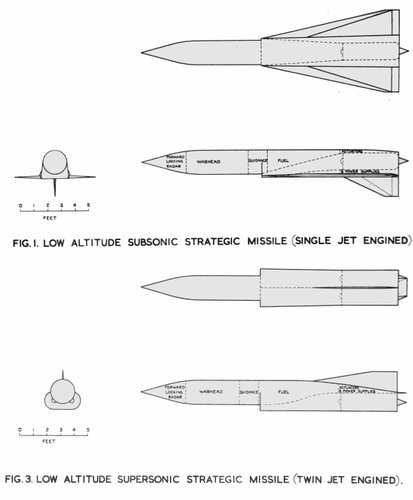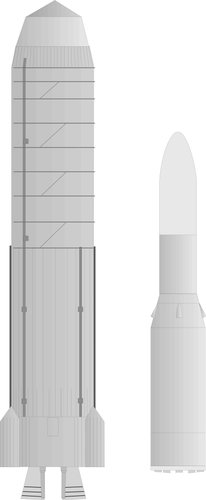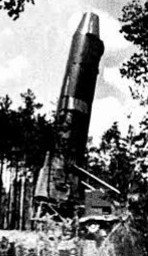- Joined
- 27 September 2006
- Messages
- 6,074
- Reaction score
- 6,188
The 1962 Nassau Agreement which provides the UK with its nuclear deterrent was not a foregone conclusion. A 1960s novel by a respected journalist, Chapman Pincher, THE PENTHOUSE CONSPIRATORS has a later US president trying to put electronic locks on the UK Polaris.
McNamara in particular opposed giving the UK or France nuclear weapons without US controls.
The Cabinet did have options for developing a UK missile to replace Skybolt, but all were seen as too expensive. Macmillan was resigned to giving up the deterrent but never admitted it in public.
So in real life, Kennedy could have forced the UK to accept the same status in NATO as West Germany and Italy. Given the UK's declining economy and the growth of CND it might even have been a sensible if humiliating move.
Now for the bit where I ask those who dont like British daydreams to leave the room or at least tolerate our musings.
As France demonstrated, it was possible to develop and deploy a Triad from national resources. (In reality the US provided a lot more help than it or France let on).
The UK could have developed its own systems. Assuming Macmillan had been willing to give you the go ahead, would you go for a triad or stick to a submarine based missile.
Polaris was made possible by the relationship Earl Mountbatten built up with Rickover. Would this have continued if Kennedy had opposed it.
The UK had the technology to develop its own solid fuel missile, a sort of two stage Minuteman. A road mobile version making use of large tracts of land owned by the government might have been feasible, though probably later than the 1968 in service date.
The RAF would have found ready allies in Industry for the whole panoply of projects covered in Thor's Hammer.
McNamara in particular opposed giving the UK or France nuclear weapons without US controls.
The Cabinet did have options for developing a UK missile to replace Skybolt, but all were seen as too expensive. Macmillan was resigned to giving up the deterrent but never admitted it in public.
So in real life, Kennedy could have forced the UK to accept the same status in NATO as West Germany and Italy. Given the UK's declining economy and the growth of CND it might even have been a sensible if humiliating move.
Now for the bit where I ask those who dont like British daydreams to leave the room or at least tolerate our musings.
As France demonstrated, it was possible to develop and deploy a Triad from national resources. (In reality the US provided a lot more help than it or France let on).
The UK could have developed its own systems. Assuming Macmillan had been willing to give you the go ahead, would you go for a triad or stick to a submarine based missile.
Polaris was made possible by the relationship Earl Mountbatten built up with Rickover. Would this have continued if Kennedy had opposed it.
The UK had the technology to develop its own solid fuel missile, a sort of two stage Minuteman. A road mobile version making use of large tracts of land owned by the government might have been feasible, though probably later than the 1968 in service date.
The RAF would have found ready allies in Industry for the whole panoply of projects covered in Thor's Hammer.





